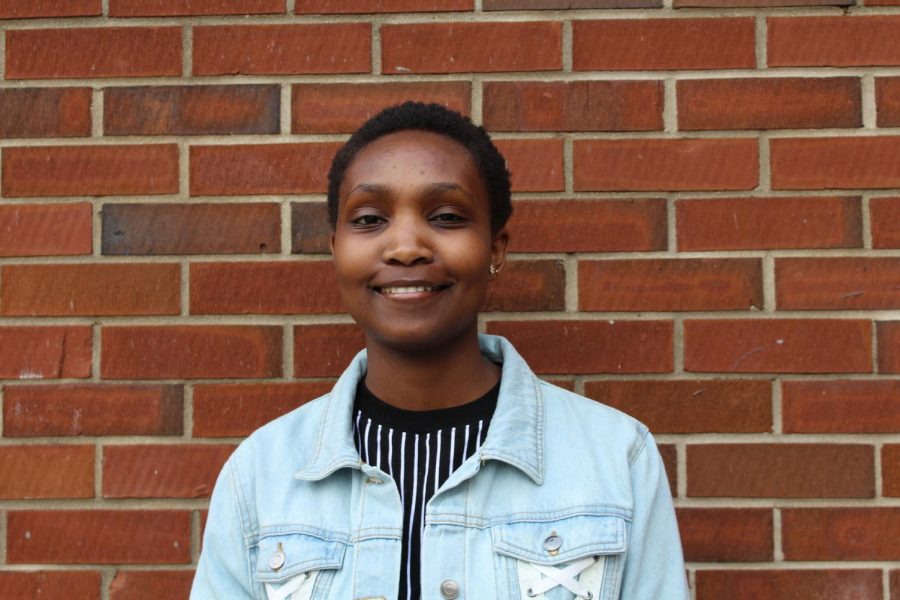Parenting: What’s your take?
February 4, 2019
For a lot of people, to become a parent exists as an ultimate life goal. However, several different views exist on how to parent. With enhanced technology and an ever-changing society, one cannot help but wonder, what constitutes the “right” parenting skills.
Beginning with talking and reading to infants, parents comprise an enormous influence over their children’s growth. It seems like a huge deal, knowing that someone’s life completely depends on the parent. Parents however, do not solely influence their children. Parents need to give their children a head start on life, but they should acknowledge the fact that their child has their own temperaments and they must provide a healthy interface with the world as they strive towards independence.
With a constantly changing world, parenting styles change as well, making parenting seem like a sport, but the social, physical, and emotional needs of child development remain stable. The National Academy of Sciences delineates four major roles of parents: maintaining children’s health and safety, promoting emotional well-being, instilling social skills, and preparing children intellectually.
Although one might disagree, overparenting does exist. Helicopter parenting, as referred to by child psychologist and psychotherapist, Haim Ginott, cripples children as they become unable to cope with the merest of circumstances in life. In the 60s, children could play in the sun and run around outside in the rain with little worries of kidnapping, drug abuse, or germs. Over the years, however, children have become restricted to playing indoors or within their backyard, still under maximum supervision, with a bottle of hand sanitizer awaiting them upon return. According to a survey and its results interpreted by Dan Kopf of Priconomics.com, American youth from 2004 and 2014 spend their time, and the results showed that most young people either slept or used the internet.
This lack of socialization will take a toll on them once they grow up. They gain no confidence in their skills and seem to seek approval from their parents, if not society as a whole. These children may end up depressed or anxious since they cannot cope with society’s expectations. With no one to turn to, they turn to harmful behaviors, such as drugs or their peers who do not advise them with much wisdom.
A recent study on the relationship between over-parenting and child mental health carried out research on both children whose their parents over-shielded them, and those who did not receive the same parenting style. It concluded that children with overprotective parents became more prone to social anxiety as opposed to their peers.
On the flip side, under-parenting also seems to crop up a lot in this era where children become ‘parentified’ and take their parents’ roles in the lives of their younger siblings. With either a single parent catering to their needs or deadbeat parents, about 42% of children take on the provider role in their families. They strive to do better for themselves or take care of their other family members. As much as people find parenting a child too mature for their age endearing, it anchors difficulties later in life, such as during marriage where they feel the need to either hover over their spouse or need pseudo-parenting from their significant other since they missed out on this experience growing up.
Studies show that well-adjusted children come from parents who know how to combine warmth and sensitivity with clear behavioral expectations.
Becoming an involved and active parent during child upbringing helps boost their confidence, builds the child-parent relationship, and puts them a step closer to success in adulthoods. But what line divides under-parenting, an actively involved parent, and an overly-involved parent? Who determines when too much becomes too much?




